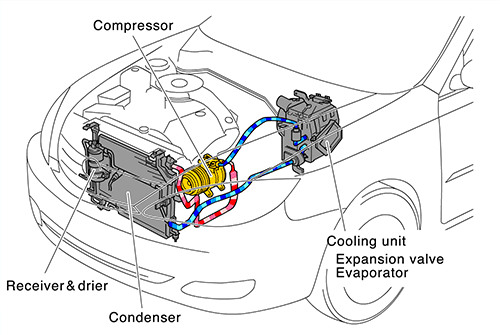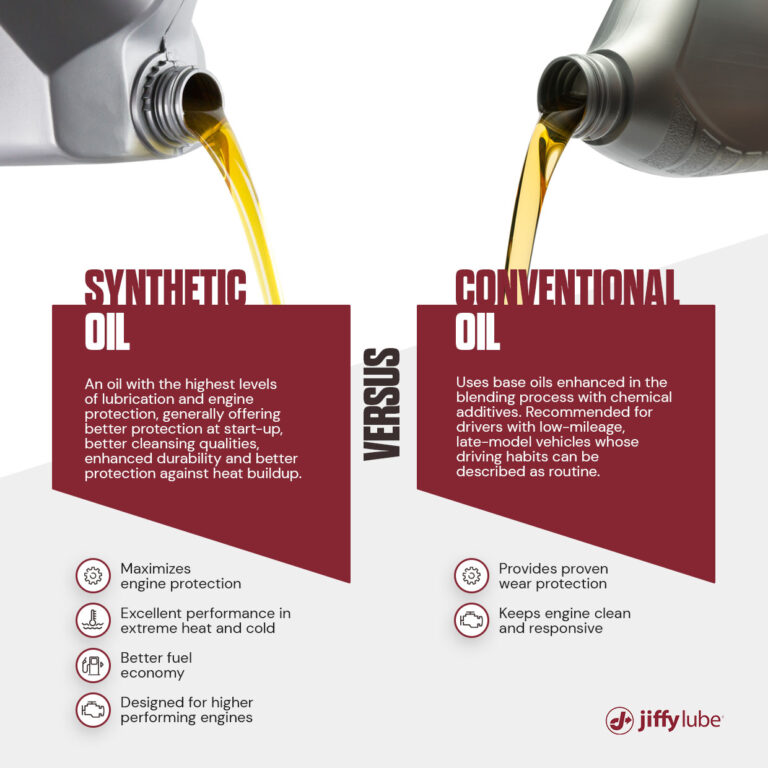Does My Car Use Fully Synthetic Oil?

When it comes to car maintenance, choosing the right type of oil is crucial for your engine’s performance and longevity. Many drivers wonder, “Does my car use fully synthetic oil?” This blog will help you understand what fully synthetic oil is, how to determine if your car needs it, and the benefits of using it.
What Is Fully Synthetic Oil?
Fully synthetic oil is a type of motor oil designed in laboratories using chemically modified compounds. Unlike conventional oil, which is refined from crude oil, synthetic oil is engineered to provide superior performance and protection for modern engines.
Key Features of Fully Synthetic Oil
- Enhanced Engine Protection: Provides better lubrication, reducing wear and tear.
- High-Temperature Stability: Performs well under extreme heat conditions.
- Cleaner Engine Operation: Contains fewer impurities than conventional oil.
- Extended Lifespan: Requires less frequent oil changes compared to regular oil.
How to Determine If Your Car Uses Fully Synthetic Oil
1. Check Your Owner’s Manual
The most reliable source of information is your car’s owner’s manual. It specifies the type of oil recommended by the manufacturer, including whether fully synthetic oil is required.
2. Look at the Oil Cap
Some vehicles have the type of oil labeled on the oil cap under the hood. This can indicate whether synthetic oil is needed.
3. Consult a Mechanic
If you’re unsure, ask a professional mechanic. They can determine the best oil type based on your car’s engine and usage.
4. Consider the Car’s Age and Model
- Modern Cars: Most newer vehicles, especially those with turbocharged or high-performance engines, require fully synthetic oil.
- Older Cars: Vehicles with older engine designs may not require synthetic oil but can benefit from it.
Benefits of Using Fully Synthetic Oil
1. Superior Engine Performance
Synthetic oil offers consistent lubrication, improving engine efficiency and performance.
2. Better Fuel Economy
Due to reduced friction, synthetic oil can help improve your car’s gas mileage.
3. Longer Oil Change Intervals
Synthetic oil lasts longer than conventional oil, meaning fewer oil changes over time.
4. Protection in Extreme Conditions
Synthetic oil maintains its properties in extreme temperatures, whether it’s freezing cold or scorching hot.
5. Reduced Engine Deposits
Its chemical structure prevents sludge buildup, keeping your engine clean and functioning optimally.
Does Every Car Need Fully Synthetic Oil?
Not all cars require fully synthetic oil. It depends on factors such as:
1. Manufacturer’s Recommendation
Some vehicles are specifically designed to use synthetic oil. Ignoring this can lead to reduced performance and potential engine damage.
2. Driving Conditions
If you frequently drive in extreme conditions—such as very high or low temperatures—or tow heavy loads, fully synthetic oil is a better choice.
3. Engine Type
High-performance engines, turbocharged engines, or vehicles with advanced technology often require synthetic oil.
Signs Your Car Should Use Fully Synthetic Oil
- Turbocharged or Supercharged Engine: These engines operate at higher temperatures and pressures, making synthetic oil a better option.
- Frequent Stop-and-Go Driving: Synthetic oil performs better under the stress of urban driving.
- High Mileage: Synthetic oil offers superior protection for engines with more wear and tear.
- Manufacturer Specification: Always follow the manufacturer’s recommendations for the type of oil to use.
Fully Synthetic vs. Synthetic Blend vs. Conventional Oil
Fully Synthetic Oil
- Best performance and protection.
- Higher cost.
Synthetic Blend Oil
- Mix of synthetic and conventional oil.
- Moderate performance and cost.
Conventional Oil
- Basic protection and lubrication.
- Most affordable option but less effective for modern engines.
FAQs
1. Is fully synthetic oil better than conventional oil?
Yes, it provides better engine protection, performance, and longevity, especially for modern engines.
2. Can I switch from conventional to fully synthetic oil?
Yes, most vehicles can transition to synthetic oil, but consult your owner’s manual or a mechanic first.
3. How often should I change fully synthetic oil?
Typically, every 7,500 to 10,000 miles, but check your manufacturer’s recommendation.
4. Does synthetic oil improve fuel economy?
Yes, it reduces engine friction, which can improve gas mileage.
5. Can I use fully synthetic oil in an older car?
Yes, but it’s essential to ensure the oil is compatible with the engine’s seals and gaskets.
Conclusion
Determining whether your car uses fully synthetic oil is essential for maintaining engine health and performance. By checking your owner’s manual, consulting a mechanic, or considering your car’s engine type and driving conditions, you can make an informed decision. Fully synthetic oil provides numerous benefits, including superior protection, improved fuel economy, and longer oil change intervals, making it an excellent choice for many drivers.
Taking the time to choose the right oil ensures your engine runs smoothly and efficiently, saving you money and potential headaches in the long run.
Also Check:
• Does Engine Oil Expire If Opened?






One Comment